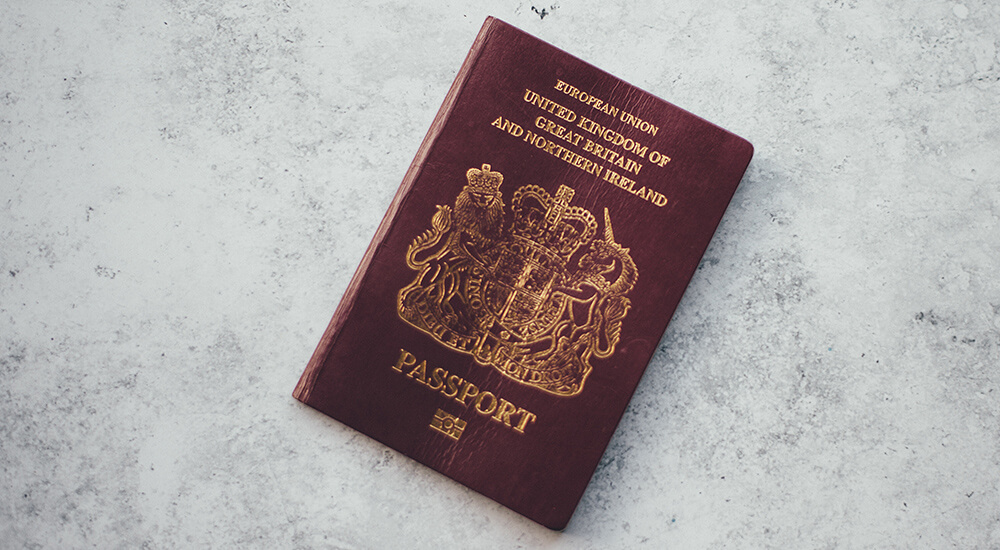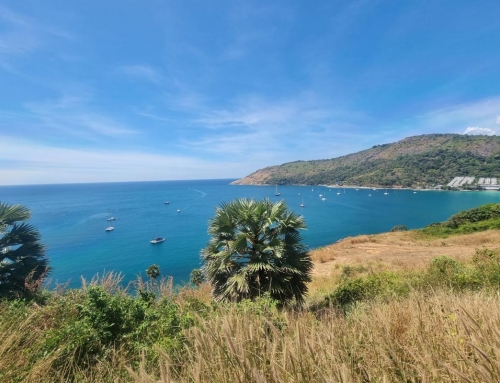Thailand has been shown consistently to be one of the best places in the world to retire.
If you’re planning to retire or relocate to Thailand, the Thailand Retirement Visa offers a stable pathway to long‑term residence… and is especially relevant for those considering Phuket real estate as part of their lifestyle or investment.
Overview of Thailand’s Retirement Visa
Thailand’s retirement visas are categorized under the Non‑Immigrant O‑A (one‑year stay for applicants aged 50+) and the longer O‑X visa (up to 10 years). Both allow multiple stays but do not grant work rights.
Eligibility and Financial Requirements
To qualify, you must:
-
Be 50 years or older
-
Meet one of these financial conditions:
| Option | Requirement |
|---|---|
| Deposit | THB 800,000 in a Thai bank account (seasoned 2–3 months) |
| Monthly Income | THB 65,000 minimum verifiable income (e.g. pension) |
| Combo | Income + savings totaling THB 800,000 |
Additional documents include:
-
Valid passport
-
Health insurance (minimum THB 40,000 outpatient / THB 400,000 inpatient)
-
Policed clearance certificate
-
Medical certificate
-
Proof of residence in Thailand (e.g., villa ownership, lease agreement)

Why It Matters for Phuket Property Investors
Creating a strong financial and residency profile positions you well to:
-
Secure a long-term stay in Phuket
-
Own or rent a villa, condo or gated estate
-
Establish a base in sought-after areas like Nai Harn, Rawai, Cherng Talay or Bang Tao
Owning Phuket real estate not only demonstrates financial commitment but may also strengthen your visa application through the Long-Term Residence (LTR) program, designed for high-value investors (minimum US$500,000 in property investment).
Processing Your Retirement Visa in Thailand or Abroad
-
Obtain a Non-Immigrant “O” visa in your home country (if needed).
-
Enter Thailand, open a Thai bank account with THB 800,000 and wait 60 days.
-
Apply for O‑A retirement visa at Immigration, submitting all required documents and proof of address (e.g., Phuket property purchase or rental).
-
Renew annually or apply for O‑X long‑term visa, using updated financial evidence.
Real Estate Benefits & Community Ties
-
The Phuket property market continues attracting retirees and expats thanks to its relaxed lifestyle and stable rental demand.
-
Investing in a villa with sea view, or a family-friendly condo near amenities, appeals to visa holders prioritizing comfort, security, and long-term residency.
-
Visa holders often invest in retirement friendly neighborhoods—creating community around Phuket Town, international schools, medical facilities, and leisure amenities.
Visa Renewal, 90-Day Reporting & Legal Considerations
To renew your Thai retirement visa:
-
Re‑submit updated proof: THB 800,000 in bank or monthly income/combined proof.
-
Maintain valid health insurance coverage.
-
Complete the legally required 90-day address reporting to Immigration.
Some retirees also leverage programs like the Thailand Elite Visa or SMART Visa—especially if they plan to invest further in Phuket property, open a business, or work remotely under exemption rules.
Thinking of retiring in Phuket?
Explore your options with our expert-curated property listings:
-
Phuket Property Guide – Everything you need to know about buying in Thailand
-
Get in Touch | Call Now On: +66 9484 11918
The quoted fees (and even the stated requirements) can vary slightly depending on which consular website you are looking at.





Social Contact